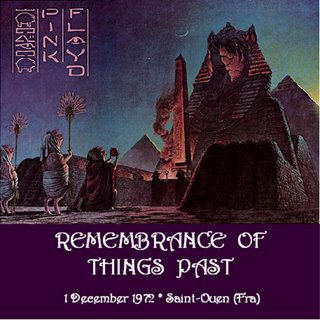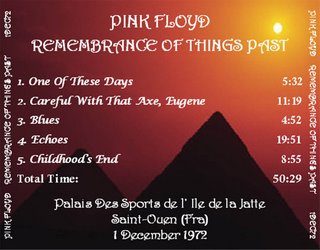In the old days you could get bootlegs or rock bands at swap meets, street vending, record collector shows, and smaller record stores. There were major bootleg markets in the USA, Japan and Europe for bands like KISS, The Rolling Stones, Led Zeppelin, and Queen.
Studio Bootlegs = Some bootlegs consist of works-in-progress or discarded material distributed without the artist's involvement, and sometimes against his or her will; these might be made from master recordings stolen or copied from a recording studio or a record label's offices, or from demo recordings.
 Live bootlegs = Most bootlegs are recorded "unofficially" with gear smuggled into a live concert.
Live bootlegs = Most bootlegs are recorded "unofficially" with gear smuggled into a live concert.Many artists and most live venues prohibit this form of recording. Many, on the other hand, actually allow this. The Grateful Dead and Pink Floyd are famous for explicitly allowing their shows to be taped.
 There are 2 basic types of concert bootlegs, Soundboard(SBD), and Audience (Aud).
There are 2 basic types of concert bootlegs, Soundboard(SBD), and Audience (Aud).A Soundboard is when you actually plug the recording device into the band's sound sytem.
An Audience recording is when someone in the audience records a concert with one or more microphones. Modern portable technology has made such bootlegging increasingly easy and has dramatically improved the quality of "audience" recordings.
Bootlegging vs. piracy vs. counterfeiting
Bootlegging is often incorrectly referred to as piracy but there are important differences between the two terms. Bootlegging is trafficking in recordings that the record companies have not commercially released and may or may not be legal. Piracy is the illegal copying/sale of recordings that are available commercially or are planned/scheduled for commercial release.
A pirate release is further distinguished from a counterfeit. Counterfeits attempt to mimic the look of officially released product; pirate releases do not necessarily do so, possibly substituting cover art or creating new compilations of a group's released songs.
No comments:
Post a Comment